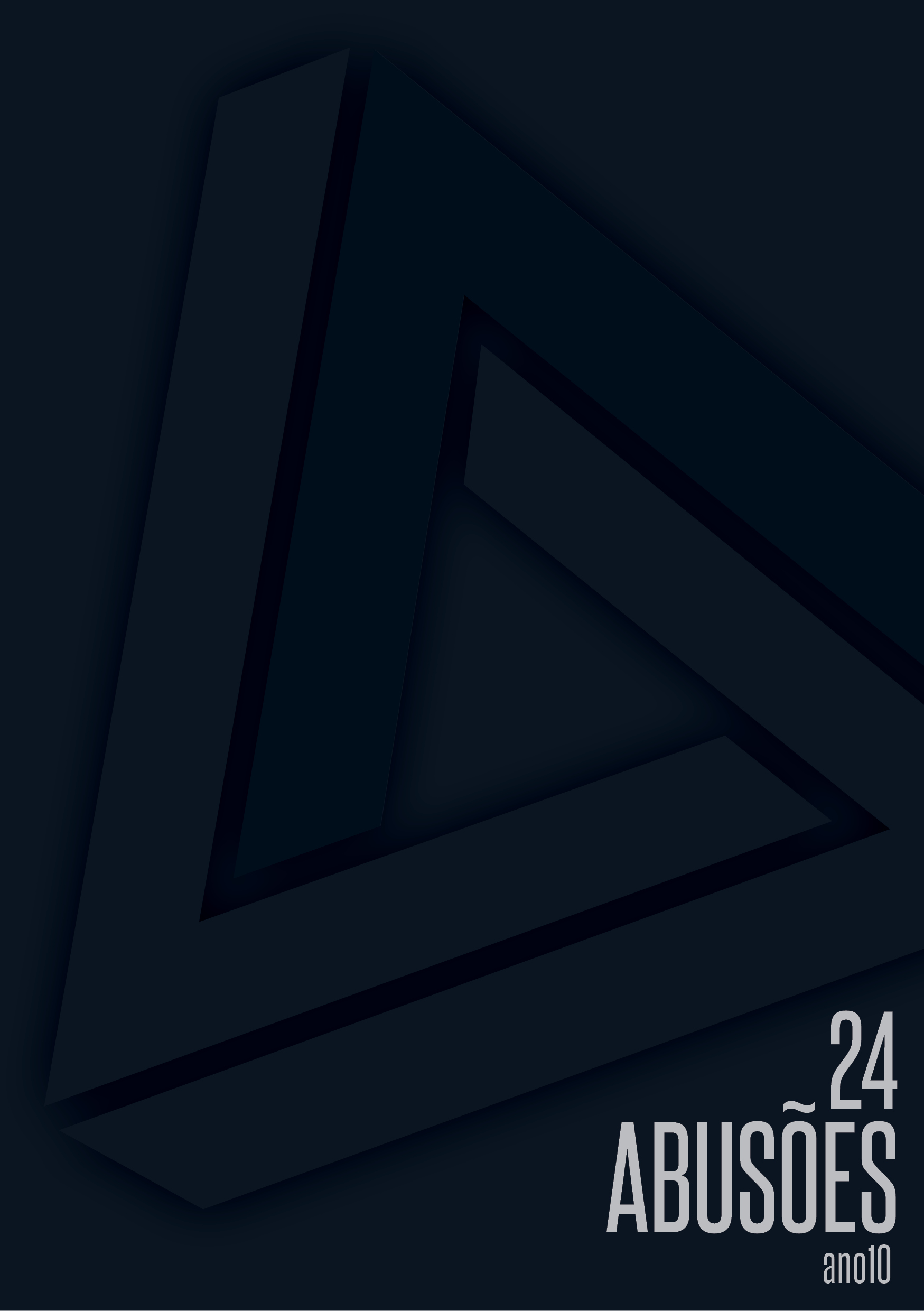OS ELEMENTOS DE HUMOR E DA IRONIA COMO POTENCIALIZADORES DE UMA LEITURA DISTÓPICA CRÍTICA NAS TIRINHAS DA SÉRIE MAFALDA QUE TRAZEM O MEIO AMBIENTE COMO TEMA
Main Article Content
Abstract
Is it possible to carry out a reading based on the critical dystopian principle in a genre that is not part of the literary tradition of critical dystopia? This is one of the questions that motivated the construction of this dissertation, whose objective is to identify whether the Mafalda series establishes dialogues with critical dystopia and how the development of these dialogues is constructed within the narrative, through the elements of humor and irony. For this, I use as an object of study the series Mafalda, published by the Argentine humorist and comic artist Quino, between the years 1964 and 1973, and which is diluted in the collections All Mafalda, which brings together in a single volume all the strips officially published in the mentioned period, and Unpublished Mafalda, which circulates strips that were censored and not officially published. This study has a bibliographic research as a methodological procedure, which makes it possible to investigate a topic based on already published material. The analyzes were carried out in comic strips that had discussions about the environment as their central theme. The analysis perspective is centered on the critical theoretical postulates of Tom Moylan (2016), Raffaella Baccolini (2000) and Moylan and Baccolini (2003). After identifying the elements of humor and irony present in each mapped fragment, I verified if the critical dystopian characteristics considered by Moylan and Baccolini as being parts of this textual strand were manifested. Analyzing the possibility of a reading of the Mafalda series, from a critical dystopian perspective, firstly aligns with a break in a pattern followed so far, since analyzes under this perspective are commonly carried out in the novel genre; secondly, it makes it possible to verify the performance of elements typical of critical dystopia under an analysis different from the usual that departs from the patterns followed so far. The construction of this dissertation led to the understanding that the reflexive effects and possible action promoted by critical dystopia are enhanced through the use of elements of humor and irony present in the narrative structure of the series in question and of the comic genre, support in which the work is developed. This makes it possible for the readership to have an almost instantaneous contact with the intensity of information in this material, through the simultaneous use of verbal and nonverbal texts, which is characteristic of comic strips.
Keywords: Critical dystopia. Humor. Irony. Comics. Mafalda.
Downloads
Article Details


